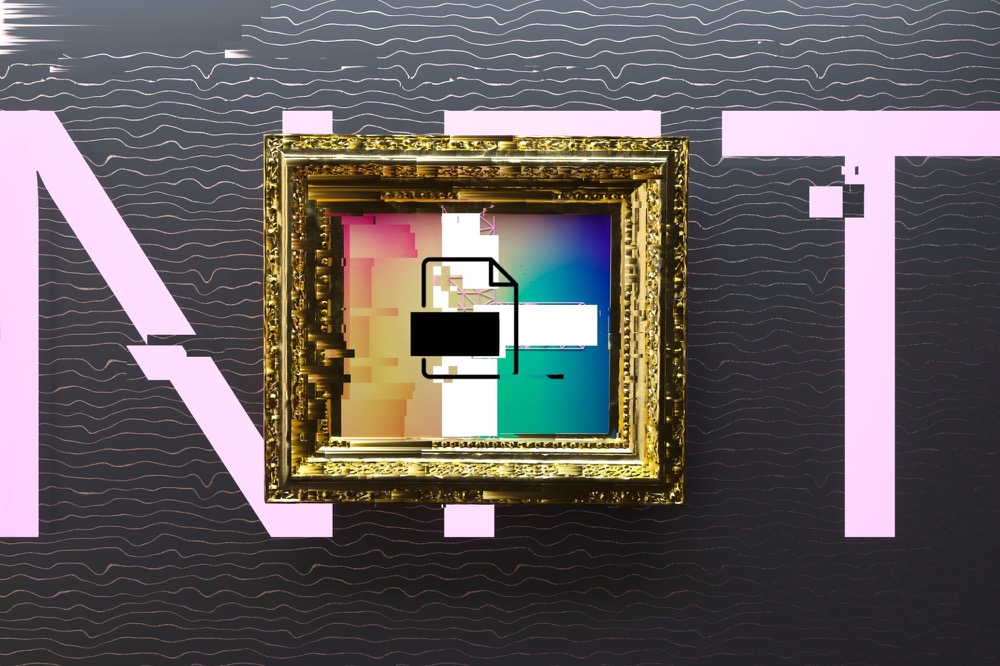JPMorgan expands the Zether protocol or develops new privacy features for the Quorum project
According to Coindesk's May 28 report, JPMorgan Chase's blockchain team developed a privacy feature for the Ethereum-based blockchain that not only hides the transaction amount but also hides the sender of the transaction.

Image source: visualhunt
JPMorgan Chase has revealed to CoinDesk that it has added an extension to the Zether protocol. The Zether protocol is a secure payment mechanism that is compatible with Ethereum and other smart contract platforms and is designed to add a deeper level of anonymity to transactions. The New York-based financial institution will open the source code for the extension on Tuesday, which could be used with the privately-developed private Ethereum platform Quorum.
- Opinion: Please pay attention to "application governance", which is the top of DApp's Achilles
- 2 hours of brainstorming, ant experts and more than 40 CEOs' exchange essences, here are the ants ant blockchain contest Chengdu Road Show, hot collection
- Babbitt column | Blockchain ecological governance needs to evade those pits
Founded by a group of scholars and financial technology researchers, including Dan Boneh of Stanford University, Zether uses zero-knowledge proof (ZKPs), a branch of mathematics that allows a party to pass no details about privacy. The case of certain secret value or knowledge of information.
Oli Harris, head of JPMorgan Quorum and Encrypted Asset Strategy, explained the new extension to CoinDesk:
“In the basic Zether protocol, the account balance and transfer amount are hidden, but the identity of the participants is not necessarily hidden. We have already solved it. In our implementation, we provide a proof protocol for anonymous extensions, so that In an environment where more parties are involved, the sender can hide themselves and the recipient of the transaction."
In the past year, JPMorgan Chase has been laying out in the blockchain field, and the most attractive media attention is that it plans to introduce an internal, price-stable cryptocurrency called JPM Coin.
Equally important, JPMorgan Chase has attracted about 220 banks to join its Quorum-based interbank information network and has recently completed a significant integration with Microsoft Azure as the company continues to prepare to spin off Quorum as an open source. The agreement is open.
Harris pointed out that Zether's privacy payment architecture integrates the account-based approach adopted by Ethereum, rather than the unoccupied transaction output or UTXO-based approach used by Bitcoin clients. UTXO is also a feature of the privacy cryptocurrency Zcash, and Quorum's original ZKP component is based on UTXO.
In this way, the extension not only benefits Quorum users, but also benefits companies that build other variants on Ethereum. Or, without a doubt, companies that benefit from the public Ethereum blockchain can benefit.
What does privacy mean for a business alliance?
For projects involving transactions in the energy sector, such as Komgo based in Ethereum, ensuring the privacy of all aspects of transactions between banks and other institutions can be a very useful feature. Harris said:
“When we think about building a community on top of Quorum, if someone wants to get an effective untrusted anonymous payment mechanism in a federation, then this is relevant. That's why we want to open source to the community so that anyone It can be further developed on top of it, continue to enhance its functionality, and potentially apply it to their use cases as needed."
Harris' work is to strengthen Quorum's application inside and outside JPMorgan Chase. He added:
"When we look at our JP Morgan Chase application (an extended version of Zether), it will be one of the many options we consider."
The more private work of the Zether transaction can also be used to fine-tune the Quorum deployment within the enterprise alliance, allowing the extension to further strengthen the agreement to achieve the long-awaited goal of JPMorgan's long-term separation.
One disadvantage of complex zero-knowledge proof schemes is that the computational power they consume may slow down the blockchain. But Harris said that the encryption of additional fuzzy participant identities did not have such an effect on Zether, he concluded:
"This doesn't affect the performance of Zether; it's more like a built-in add-on. Of course, we're still at a very early stage in terms of performance and scalability in production networks."
We will continue to update Blocking; if you have any questions or suggestions, please contact us!
Was this article helpful?
93 out of 132 found this helpful
Related articles
- Microsoft's distributed digital identity system decryption
- Nearly half of the financing target has shrunk, and the US encryption company Circle announced layoffs.
- Ma said: Star points, you can poke the original
- Zhao Changpeng: The security incidents encountered by the currency security at the beginning of this month have made us blessed in disguise.
- Wang Yongli, former vice president of Bank of China: supply chain and blockchain
- Bitwise ETF was postponed, VanEck did not, is the ETF coming?
- In New York and Hangzhou, the two blockchains were “cool” and “hot” on Monday, but they revealed the same truth.






